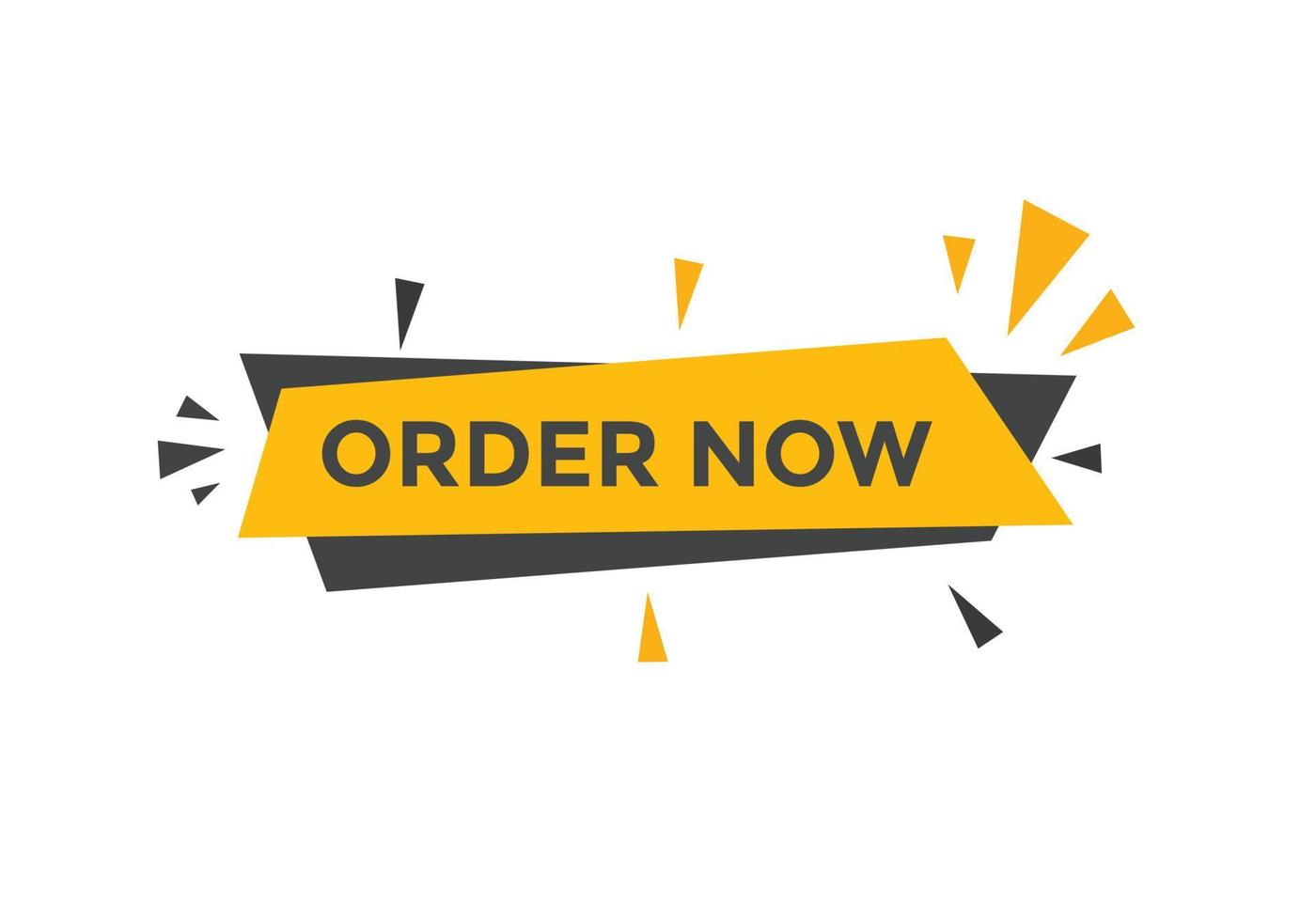QSO 500 Milestone One Guidelines and Rubric
Overview: In this final project, you will create a research report based on the application of action research processes for developing problem solving strategies. In designing the report, you will follow the best practices for ethical research. You will utilize the research process to inform decisions in your professional life and as a framework for approaching research projects in other courses in your program. The final product will be a comprehensive research report using the five-step research process (identify the problem; understand the theoretical framework of the problem; design the research study; collect, explain, and analyze the data; report the results; and make conclusions and recommendations).
For Milestone One, submit a draft of your business problem and literature review. Using the problem you identified in your Module One journal and the feedback you received, describe the research problem including the context in which it exists. Using the problem statement, describe the stakeholders and research objective. Based on the research objective, develop a research question that clearly and concisely articulates in one sentence the purpose of the study. Consider the key real or potential ethical issues or challenges of the study.
After describing your business problem and research question, prepare a comprehensive literature review that carefully and thoughtfully examines the research problem from a scholarly perspective using a minimum of seven quality sources. A minimum of three of the sources must be selected from scholarly, peer- reviewed journals. Other quality sources can be professional publications or magazines, internal corporate publications such as annual reports or white papers, or established news sources.
Prompt: Refer to the given case study Maruti Suzuki India: Defending Market Leadership in the A-Segment and select a data-driven business problem that can be addressed using action research to be the basis for your research report. Prepare a comprehensive literature review that carefully and thoughtfully examines the research problem from a scholarly perspective using a minimum of seven quality sources. A minimum of three of the sources must be selected from scholarly, peer-reviewed journals. Other quality sources can be from professional publications or magazines, internal corporate publications such as annual reports or white papers, or established news sources.
Specifically the following critical elements must be addressed:
Business Problem: Refer to the given case study and select a data-driven business problem that can be addressed using action research to be the basis for your research report.
- Describe the research problem, including the context in which it In other words, what caused or precipitated this problem? What has already been done to address it?
- Describe the key stakeholders (or potential stakeholders) of your business In other words, who are the people who have the most to gain or lose from a decision?
- Explain the research objective. How would it benefit the stakeholder to know the results?
- Develop a research question based on the research objective that clearly and concisely articulates in one sentence the purpose of the
- Discuss the key real or potential ethical issues or challenges of the Consider the following: How will data be collected and protected? How will human subjects be used, treated, and protected?
Literature Review:
- Explain the theories that best ground your organizational Support your explanation with specific examples. These theories might be management, behavioral, social, and/or business related.
- Discuss the bias and limitations present in the relevant literature and the potential impact these may have on your
- Summarize at least one other research study that has faced this challenge that could potentially be replicated and applied to your research
- From the literature, analyze at least one other organization that has faced similar problems, explaining what they have done to address the
Rubric
Guidelines
for Submission: Your milestone must be submitted as a 5- to 6-page Microsoft Word document with double spacing, 12-point Times New Roman font, one-inch margins, and at least seven sources cited in APA format.
Instructor Feedback: This activity uses an integrated rubric in Blackboard. Students can view instructor feedback in the Grade Center. For more information, review these instructions.
| Critical Elements |
Proficient (100%) |
Needs Improvement (75%) |
Not Evident (0%) |
Value |
| Business Problem: Research Problem |
Describes the research problem, including the context in which it exists |
Describes the research problem, but description is cursory or does not include the context in which the problem
exists |
Does not describe the research problem |
9 |
| Business Problem: Stakeholders |
Describes all key stakeholders of the business problem |
Describes the stakeholders of the business problem, but description is cursory or neglects to address all key
stakeholders |
Does not describe the stakeholders of the business problem |
9 |
| Business Problem: Research Objective |
Explains the research objective, including how this research would benefit the stakeholder |
Explains the research objective, but explanation is cursory or does not show how this research would benefit the
stakeholder |
Does not explain the research objective |
9 |
| Business Problem: Research Question |
Develops a research question based on the research objective that clearly and concisely articulates in one sentence the purpose of the study |
Develops a research question based on the research objective, but it does not clearly or concisely articulate in one sentence the purpose of
the study |
Does not develop a research question based on the research objective |
9 |
| Business Problem: Ethical Issues |
Discusses all key real or potential ethical issues or challenges of the study |
Discusses real or potential ethical issues or challenges of the study, but discussion is cursory, contains issues of clarity, or neglects to address
key ethical issues |
Does not discuss real or potential ethical issues or challenges of the study |
12 |
| Literature Review: Theories |
Explains the theories that best ground the organizational problem with support from specific examples |
Explains the theories that best ground the organizational problem, but explanation is cursory or not supported with
specific examples |
Does not explain the theories that best ground the organizational problem |
12 |
| Literature Review: Bias and Limitations |
Discusses the bias and limitations present in the relevant literature, including the potential impact on research |
Discusses the bias and limitations present in the relevant literature, but discussion contains issues of clarity or does not address the
potential impact on research |
Does not discuss the bias and limitations present in the relevant literature |
12 |
| Literature Review: Other Research Study |
Summarizes another research study that has faced this challenge that could potentially be replicated and applied to your research study |
Summarizes another research study that has faced this challenge that could potentially be replicated and applied to your research study, but summary is cursory or contains
inaccuracies |
Does not summarize another research study that has faced this challenge that could potentially be replicated |
12 |
| Literature Review: Other Organization |
Analyzes another organization that has faced similar problems, including an explanation of what was done to address the problem |
Analyzes another organization that has faced similar problems, but analysis is cursory or does not explain what was done to address the
problem |
Does not analyze another organization that has faced similar problems |
12 |
| Articulation of Response |
Submission has no major errors related to citations, grammar, spelling, syntax, or organization |
Submission has major errors related to citations, grammar, spelling, syntax, or organization that negatively impact readability and articulation of
main ideas |
Submission has critical errors related to citations, grammar, spelling, syntax, or organization that prevent understanding of ideas |
4 |
| Total |
100% |
Related; MAT 243 Module Seven Discussion.
Order This Paper



Reviews
There are no reviews yet.